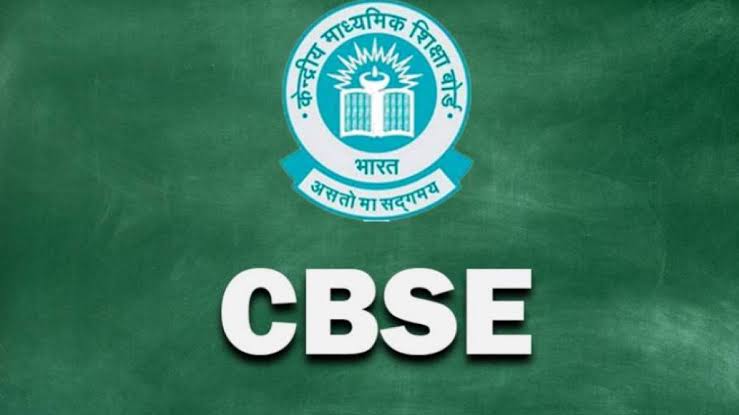CBSE-International or CBSE-i, the internationally recognized curriculum by the Central Board of Secondary Education (CBSE), has gained significant popularity in 240 schools across 26 countries.
Since its introduction in 2010, CBSE-i has been catering to the educational needs of Indian families residing abroad. Recognizing its effectiveness and alignment with international standards, the Indian government is now determined to expand the reach of CBSE-i schools globally.
PARTNERSHIPS FOR QUALITY EDUCATION by CBSE
To ensure quality education, the government acknowledges the importance of collaborating with school boards in other countries, particularly those in developed nations. By forging partnerships with these boards, the Indian government aims to improve the quality of school education in India.
As India holds the G20 presidency this year, the government seeks to establish wider collaborations with school boards worldwide, offering enhanced educational opportunities for Indian students. The international curriculum has been praised for its ability to cater to diverse learning styles while maintaining high academic standards.
Expanding the international board aligns with the vision of the National Education Policy (NEP), positioning India as a role model for educational reform in emerging nations. India’s NEP is a comprehensive and forward-looking policy document formulated after extensive consultations with stakeholders over a six-year period.
Shreevats Jaipuria, Chair of the Education Committee at PHDCCI, suggests that similar-sized emerging economies can easily adopt the NEP with minor adjustments, making it a global model for educational transformation.
India’s commitment to global educational cooperation is evident through its plans to expand CBSE’s international board and promote the adoption of the NEP in emerging nations. By fostering worldwide educational cooperation and raising educational standards, India is actively contributing to the global education landscape.
Read more here




